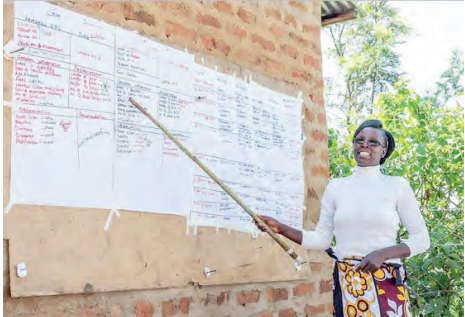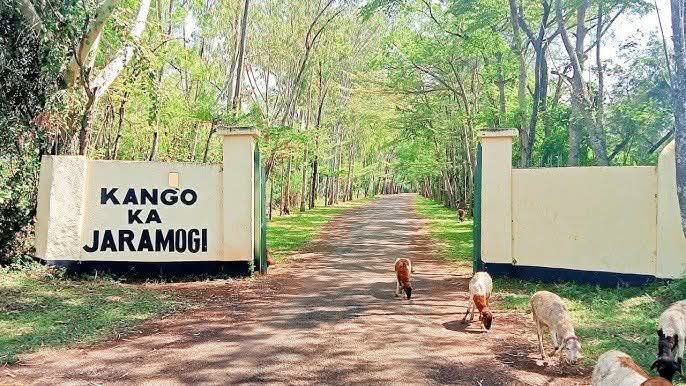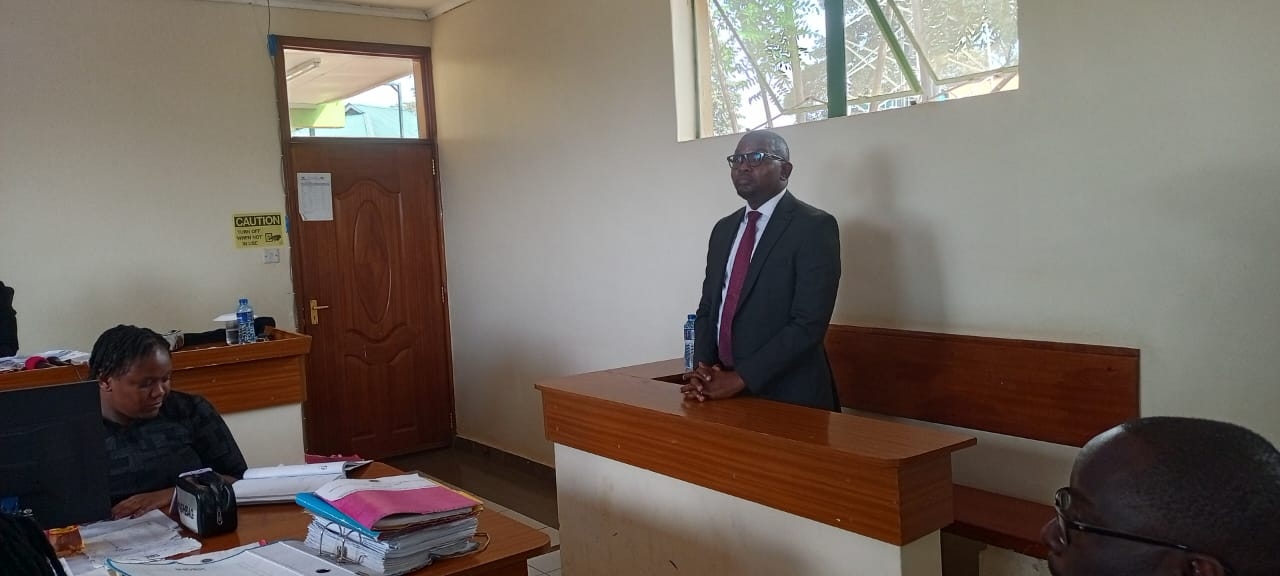
Farmers in Kitui county have increased their income through a group-based learning programme.
The learning, spear-headed by the Kavakaky Farmer Field School, has seen women come together to discuss, observe, learn and make decisions on how to improve their farming practices.
Ether Kyalo, a mother of three living in Miambani ward, has followed the farmer field school programmes every Tuesday.
Together with 35 other women, she walks to a nearby home where the group breeds chicks in a small poultry house.
Before the field schools started, Kyalo says she was experiencing difficulties.
“Many chicks were dying and those that survived, grew very slowly. It was very hard to get a decent income,” she said.
With knowledge gained from the programme, Kyalo has introduced new feeds, learnt about vaccination and bought new equipment.
“Before, I had between 10 and 15 chicken. Now I have 295,” she says.
The proud and ‘renowned poultry seller’ is determined to keep going.
A group of honey producers meets every Friday at Josphat Kangata’s home to learn how to improve the quality and quantity of honey.
Kangata’s yields were previously low due to destruction. But with slight modifications to the traditional log hive, his honey is now pure.
“Before, we would package honey and honeycomb and sell it at Sh80 per kg. We have learnt to harvest pure honey and now we are selling a kilo at Sh1,000, making beekeeping our main source of revenue,” he said.
They have also been able to increase their beehives from seven to 48.
Gustavus Muli, a government extension officer and the project’s master trainer, said more than 400 field schools have been formed in Kitui county and so far 105 farmer field school facilitators have been trained.
He said farmers are a bit skeptical when the new practices were introduced.
“The field schools give the farmers the opportunity to test the practices, compare them and help them make informed decisions,” Muli said.
“Some farmers were selling chicks once a year. Now, they can sell three times a year because they adopted a faster growing breed or chose better feed for the chicks to grow faster. Seeing the way the field schools has influenced the lives of people is a great source of satisfaction.”
Farmer field schools play an integral part for families in Kitui county to transition from family farming to commercialisation.
This has in turn enhanced farmer incomes and reduced poverty.
Investment Centre initiative by the Food and Agriculture Organisation has been spearheading the programme.
The initiative is being implemented through Kenya’s National Agricultural and Rural Inclusive Growth project with finance from World Bank’s International Development Association.
FAO said the centre has promoted country-wide use of farmer field schools to build long-term capacity.
The project has reached almost 300,000 farmers across the country over a period of eight years.
“The use of farmer field schools came in handy because we were able to train community-based farmers as facilitators in 21 counties. All over the country, around 11,000 field schools were implemented, reaching almost 300,000 farmers,” Mary Maingi NARIG national coordinator said.
She said livestock production,
including beekeeping and chicken
brooding, plays an important socioeconomic role.













